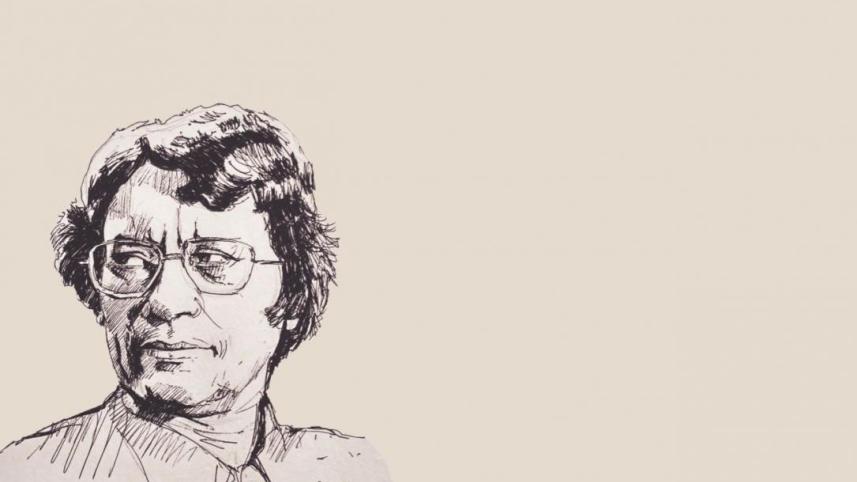An indelible mark on our secular history

The verdict in the case of the murder of Humayun Azad is finally out—after long 18 years. That last bit of information perhaps overshadows every other aspect of this case now, as it dragged on year after year, making any verdict in the end more a symbol of justice delayed than one of justice served. This distinction is important because justice is meant to send a message. It is meant to reassure us that no one is above the law and to deter prospective criminals from committing crimes because the justice system is watchful, fair and swift. Long-denied justice dilutes this message.
The verdict saw four members of the banned militant outfit Jama'atul Mujahideen Bangladesh (JMB) sentenced to death. Two of them are currently absconding. Those who remain will reportedly appeal their conviction. While we hope the verdict will be upheld by the High Court, the appeal process may prolong the wait for justice. In his observation while announcing the verdict, Judge Al Mamun of Dhaka's Fourth Additional Metropolitan Sessions Judge's Court said the murder was "shameful for the entire nation". It truly is. He also said the convicts carried it out to silence freethinkers, destabilise the country and besmirch its image in the world.
Humayun Azad, a torchbearer of the secular ethos of this nation, fearlessly challenged communal and anti-liberation elements through his iconoclastic writing. Despite being targeted by bigots repeatedly, he never gave up the fight. His murder thus was meant to instil fear into all those he inspired, who shared his secular ideals and a vision of humanity beyond the narrow brackets of religion, ethnicity and gender. It was meant to silence believers in free speech and diversity of thought. Unfortunately, the same communal forces are active even today, more powerful than before, more emboldened by the presence of draconian laws and dysfunctional administrative apparatuses. As the society grows more intolerant and polarised along ideological and political lines, it is the freethinkers, activists, rights defenders and religious and language minorities who stand to suffer the most. The growing attacks on them, just like the murder of Humayun Azad, have left an indelible mark on our secular history.
So while we commend the fact that a verdict has finally been reached—whose execution will hopefully give Humayun Azad's family a sense of closure—we must be reasonable about our expectations about how much effect it may have on this environment. It is not nearly enough to punish a few rotten apples when the whole society is apparently infested with them, empowered by the inaction of the authorities. The state, therefore, must aim wider socio-political reforms by actively encouraging a culture of tolerance and diversity, protecting the minorities and the marginalised, and empowering the criminal justice system to deliver swift justice.



 For all latest news, follow The Daily Star's Google News channel.
For all latest news, follow The Daily Star's Google News channel.
Comments